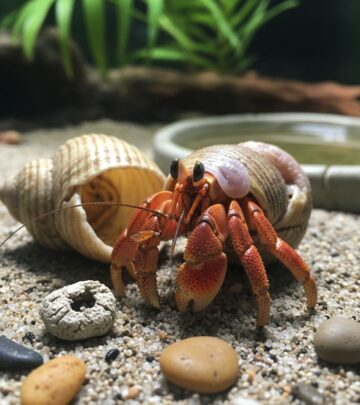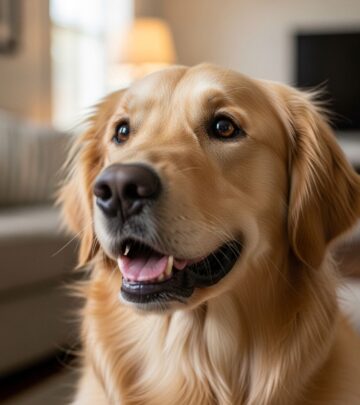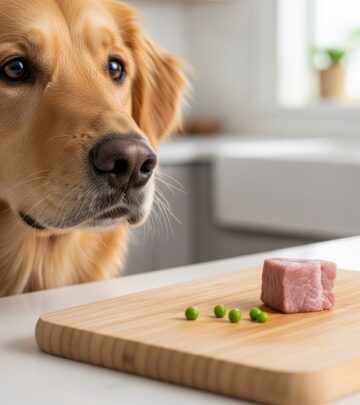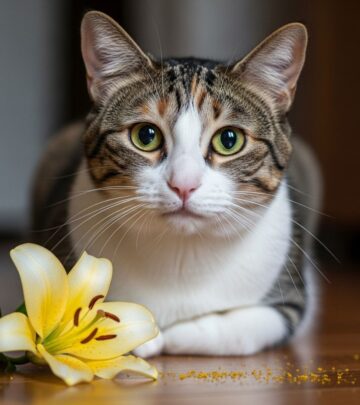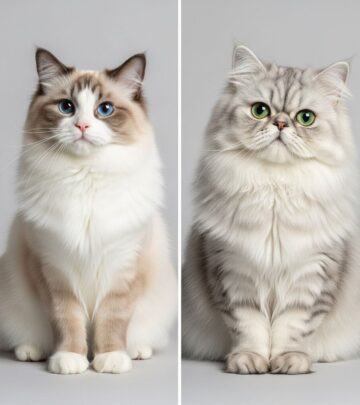When Should Cats Stop Eating Before Surgery?
Guidelines for Pre-Surgical Fasting in Cats
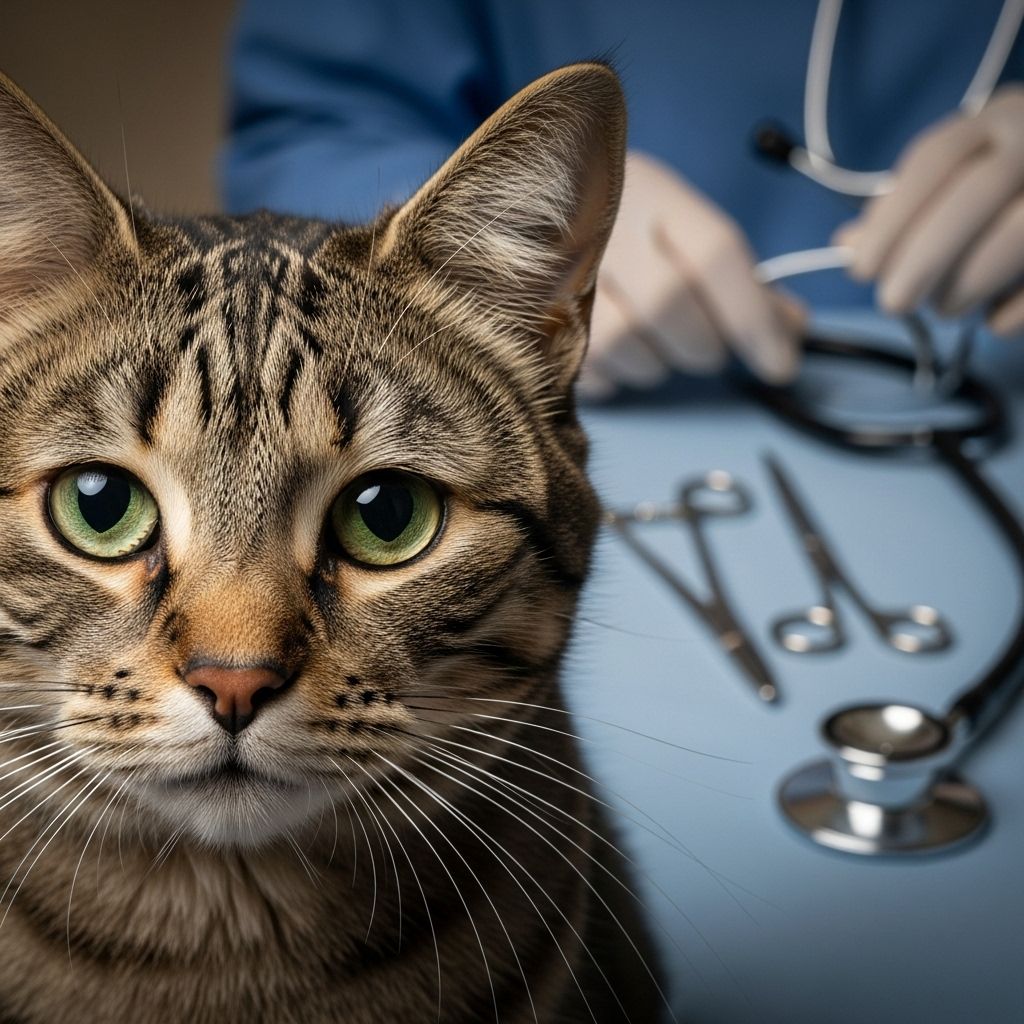
Introduction to Pre-Surgical Fasting for Cats
Pre-surgical fasting is a crucial step in preparing your cat for surgery. It helps prevent several complications that can arise during anesthesia, ensuring your pet’s safety and positive surgical outcomes. In this article, we will explore why fasting is necessary, the recommended fasting periods for cats, and how to manage these periods effectively.
Why Fasting is Necessary for Cats Before Surgery
Cats, like humans, need to fast before undergoing anesthesia. The primary reason for this is to prevent regurgitation of stomach contents during surgery. If food particles enter the lungs, it can lead to aspiration pneumonia, a serious and potentially life-threatening condition. Fasting ensures that the stomach is empty, reducing this risk and allowing anesthesia to work safely.
General Guidelines for Cat Fasting
Most veterinarians recommend that cats should not eat for 8 to 12 hours before surgery. This period gives the digestive system enough time to empty the stomach contents and lower the risk of complications. However, recent guidelines suggest that shorter fasting periods, such as 4 to 6 hours, may be safe in certain situations.
Water Access Guidelines
While food is restricted, water is usually allowed until a few hours before the procedure. Hydration helps maintain organ function and prevents unnecessary stress. However, always follow the specific instructions given by your veterinarian, as these may vary based on your cat’s health status and the timing of the procedure.
Exceptions for Kittens and Special Cases
Kittens or cats with certain medical conditions may require shorter fasting times. Young cats should not go without food for extended periods because their smaller bodies are more prone to low blood sugar. In such cases, your vet will provide customized instructions.
Managing the Fasting Period
Successfully managing your cat’s fasting period requires preparation and vigilance. Remove all food sources, including treats and access to other pets’ food bowls. Keep indoor/outdoor cats inside during the fasting period to prevent hunting or scavenging. If you have multiple pets, separating them during fasting times can ensure compliance.
Post-Surgery Feeding Guidelines
Once your cat’s surgery is complete, follow your veterinarian’s instructions about when to resume feeding. Most cats can have small amounts of food once they’re fully awake and alert, typically a few hours after surgery. Start with small portions to prevent digestive upset, and ensure fresh water is always available during recovery.
Frequently Asked Questions (FAQs)
Q: Why is fasting important for cats before surgery?
A: Fasting is crucial to prevent vomiting and aspiration during anesthesia, which can lead to serious complications like aspiration pneumonia.
Q: How long should a cat fast before surgery?
A: Typically, cats should fast for 8 to 12 hours before surgery, but this can vary based on the cat’s age, health, and the veterinarian’s advice.
Q: Can kittens fast for as long as adult cats?
A: No, kittens should not fast for extended periods. They usually need to fast for only 1 to 2 hours before surgery to prevent low blood sugar.
Q: What happens if my cat eats during the fasting period?
A: Eating during the fasting period can increase the risk of complications during surgery. It is essential to follow the fasting instructions provided by your veterinarian to ensure your cat’s safety.
Conclusion
Pre-surgical fasting is a critical component of surgical preparation for cats. By understanding the importance of fasting and adhering to the guidelines provided by your veterinarian, you can help ensure a smooth and safe surgical experience for your pet.
Read full bio of Sneha Tete

